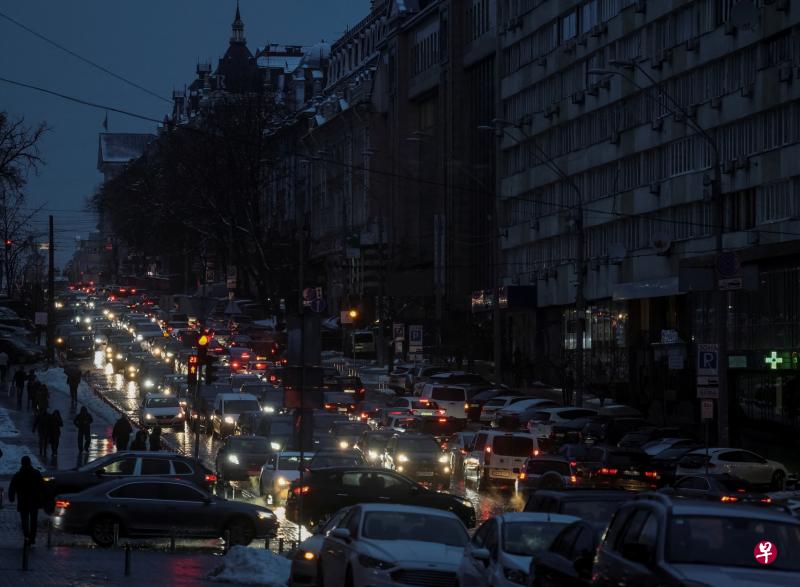
(Brussels Comprehensive) Stoltenberg, Secretary -General of the North Atlantic Treaty Organization, said Russia is preparing to fight for a long time in Ukraine. NATO must continue to transport weapons to Ukraine until Russia's President Putin realized that he could not win.
Russia has been invading Ukraine for nearly 10 months, but encountered Ukraine's vowing resistance.
However, Stetenberg warned on Friday (December 16) that there was no sign that Putin gave up the goal to occupy Ukraine.
"We can't underestimate Russia. Russia is planning a long -term war ... We see that Russia is mobilizing more troops, they are also willing to bear a lot of casualties, and try to obtain more weapons and ammunition."
He emphasized that any solution must preserve Ukraine's national sovereignty."The best way to achieve this goal is to support Ukraine military in military, so that President Putin understands that he cannot win on the battlefield, but must sit down and negotiate sincerely."
Putin went to the United Special Force Headquarters, who was responsible for Ukraine's special military operations on Friday to discuss the direction of the operation with the commander.
The video sent by the Kremlin Palace on Saturday (17th) showed that more than 10 people including Putin and the Chief of Staff Glacimo, Putin, sat around at the large round table.
After that, Putin presided over another meeting at the headquarters and said to the commander: "We will listen to the opinions of the commanders responsible for individual actions.P>
According to Ukrainian officials, more than 70 missiles launched in Ukraine on Friday to Ukraine, leading to power out of power.
Russia claims that it will not use biochemical weapons
Kiev Mayor Clechko said on TELEGRAM on Saturday that the capital service and water supply of the capital have been restored, but there are still no electricity in some areas and cannot hear.
On the other hand, Russia claims not to use biochemical weapons, and will fully fulfill its obligations based on international treaties that prohibit the use of biochemical weapons.
Walongzov, deputy director of the Russian Foreign Ministry of Foreign Affairs and the Deputy Director of the Department of Military Reserve Control, attended a meeting of the Biochemical Weapon Convention Convention on Biochemical Weapon in Geneva on Friday.He said in an interview with the media that Russia did not have any military projects related to biological weapons, and all research activities in the biological field were completely out of peace.
On the same day, the EU exported drone engines that might supply weapons to Moscow through the ninth round of sanctions on Russia or Iran through the ninth round of sanctions on Russia.
The European Union's blacklist to Russia has added nearly 200 individuals and entities, including Russian armed forces, individual officers and national defense industry companies, as well as members of Russian upper and lower houses and some banks.



